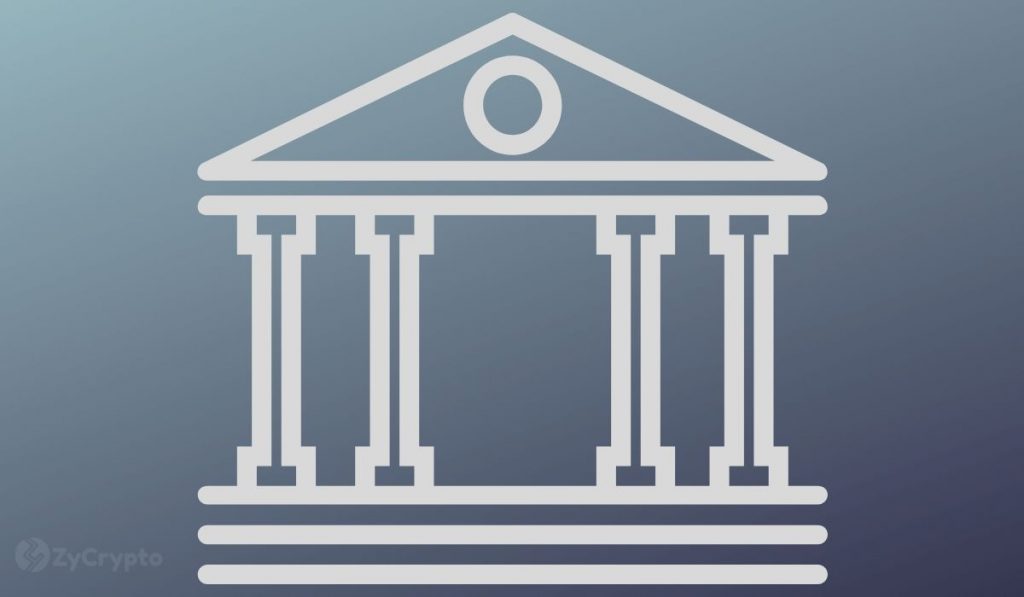The Federal Deposit Insurance Corporation (FDIC) has cautioned banks against rushing into crypto-related activities without intensely assessing risks associated with the sector and informing the requisite Federal banking agencies.
Speaking at a Brookings Institution event Thursday, FDIC acting chairman Martin Gruenberg noted that although there was “no doubt that innovation has played a central role in the evolution of banking and finance as we know it today”, banks ought to pause as it articulates the risks and implications for consumers before launching crypto-related products.
The Federal Deposit Insurance Corporation (FDIC) is an independent government agency that oversees the banking industry in the US. Its primary duty is to insure deposits at member banks and thrifts in case they fail.
With an influx in demand for crypto products by customers, a list of US banks has been launching Bitcoin, Ethereum and other crypto-related services and partnering with key players in the sector. As a result, the FDIC has sometimes found itself hard-pressed to explain its position regarding insuring bankrupt crypto firms. In July, the FDIC and the Federal Reserve Board issued a joint letter demanding cash-beleaguered crypto brokerage firm Voyager Digital “cease and desist” from making false and misleading statements regarding its FDIC deposit insurance status.
“False and misleading statements, either direct or implied, by crypto–asset entities concerning the availability of federal deposit insurance for a given crypto–asset product violates the law,” said Gruenberg. “It is important for the FDIC and the other Federal banking agencies to approach crypto–assets and crypto–asset–related activities thoughtfully,” he added.
 
 
And while Gruenberg admits that the FDIC lacks sufficient knowledge in crypto-related activities, he noted that it was generally aware of growing interest in the nascent sector and had been engaging with its members on the issue. In April, the agency issued a letter to letters asking them to notify it if there are engaging in or planning to engage in crypto-related activities.
“If so, we asked banks to provide us enough details to allow us to work with them to assess the risks associated with the activities and the appropriateness of their proposed governance and risk management processes associated with the activity,” Gruenberg went on.
According to him, however, despite its shortcomings, the FDIC expects to provide broader industry guidance once it develops a better collective understanding of the risks associated with crypto-related activities.


